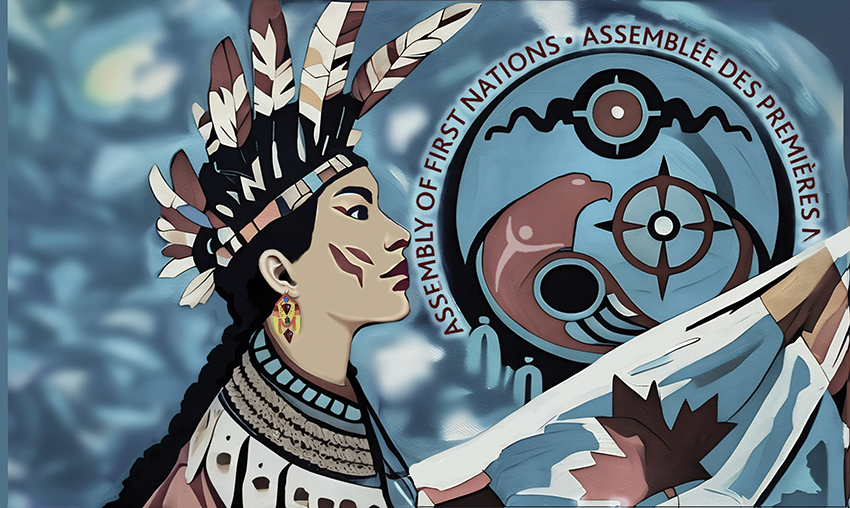First Nations Leaders Reject Historic Child Welfare Reform Deal
The deal would have legally bound Canada to provide $47.8 billion over 10 years to fund a reformed child welfare program.
On October 17th, First Nations Chiefs from across Canada voted against a resolution to accept a $47.8 billion child welfare reform deal reached in July with the Canadian government. 267 out of 414 chiefs voted against the resolution, with 147 votes cast in its favour.
Hosted in Calgary by the Assembly of First Nations (AFN), a national advocacy group for the rights and quality of life for Indigenous people in Canada, the three-day-long meeting of First Nations leaders included hearings and a debate which ended in the resolution being struck down.
The deal aimed to begin a long-term reform of the First Nations Child and Family Services Program and Jordan’s Principle, initiatives that ensure all First Nations families and children living in Canada can access the culturally-based public services and supports they need.
The Government of Canada said it has made every effort to reach a fair, equitable, and comprehensive resolution and has made “significant investments” towards reforming such programs.
These investments were in response to the 2016 Canadian Human Rights Tribunal (CHRT), which decided that First Nations children in Canada were being discriminated against by the federal government. The legal fight over the federal government’s underfunding of on-reserve child welfare services has been ongoing for nearly two decades.
The deal which the Canadian government eventually brought forward had been critiqued by First Nations Chiefs for months due to it not being enough to ensure the end of discrimination against Indigenous people and children in Canada.
In a statement at the end of the Assembly, AFN National Chief Cindy Woodhouse Nepinak said that the vote was about “securing the right agreement” that respects the diverse perspectives of First Nations communities across the country. “The results of this Assembly send a strong message to the Government of Canada that they must do better…We recognize the need for further work,” stated Nepinak.
Indigenous Services Minister Patty Hajdu said it is up to the AFN to come up with and negotiate a new deal with the federal government regarding child welfare reforms.
Hajdu’s press secretary, Jennifer Kozelj, stated that although “no amount of compensation will make up for the harm caused, this is one step forward to addressing harms that were inflicted on communities and families”
Her statement echoes the concerns of some assembly members who voted in favour of the deal, who fear that its rejection is an overall setback for the First Nations communities of Canada. Ashley Bach, one of the plaintiffs in the class action lawsuit which led to the 2016 CHRT decision, said that the deal was a once-in-a-lifetime agreement and that “if we take too long, we’re going to lose another generation.”
Some AFN members have brought forward their own resolutions and advice for how the AFN should proceed in drafting a new deal for child welfare.
Khelsilem Tl’akwasikan, chairperson for Squamish Nation, and Judy Wilson, proxy chief for Skawahlook First Nation both put forward resolutions which called for the creation of a commission comprising leadership from all regions of Canada to negotiate and provide insight for a new deal.
The next steps for developing a new deal to negotiate will be discussed at the upcoming AFN meeting in Toronto this December. The First Nations Child and Family Caring Society, which voiced concerns over the deal’s rejection, says it is preparing resolutions for the meeting.

